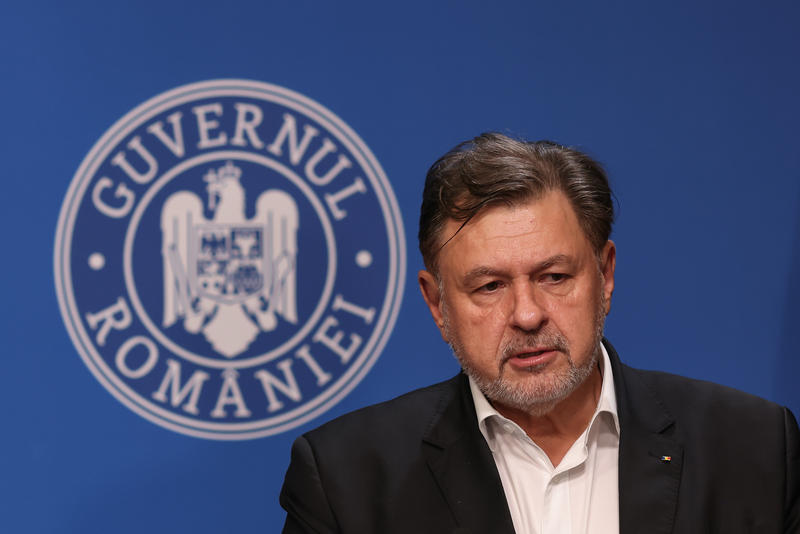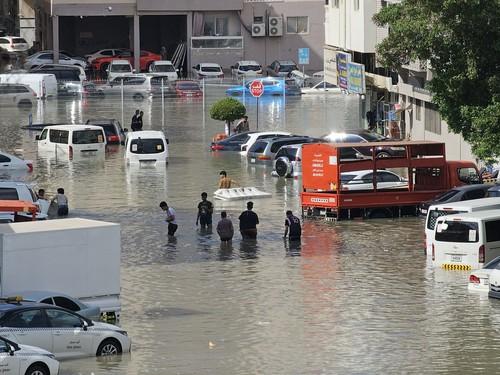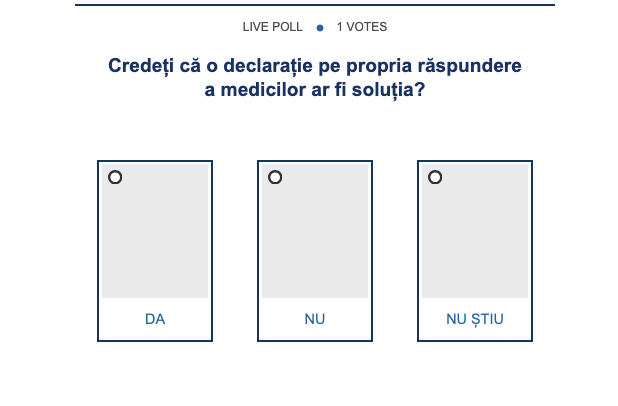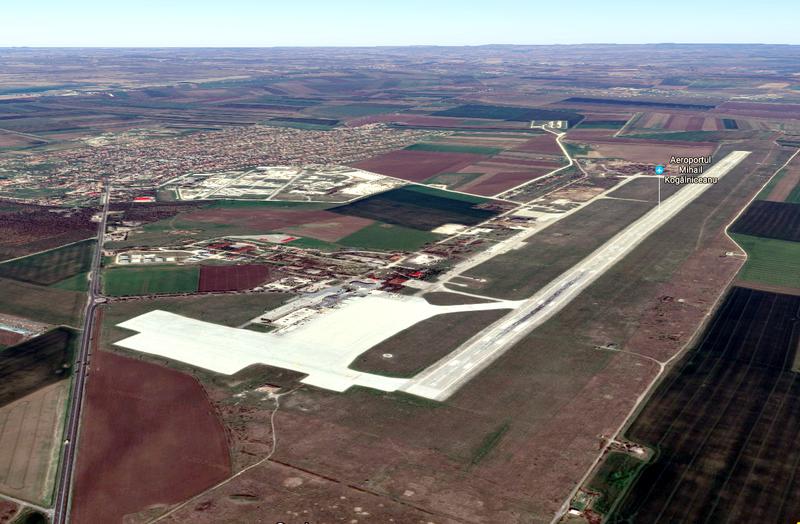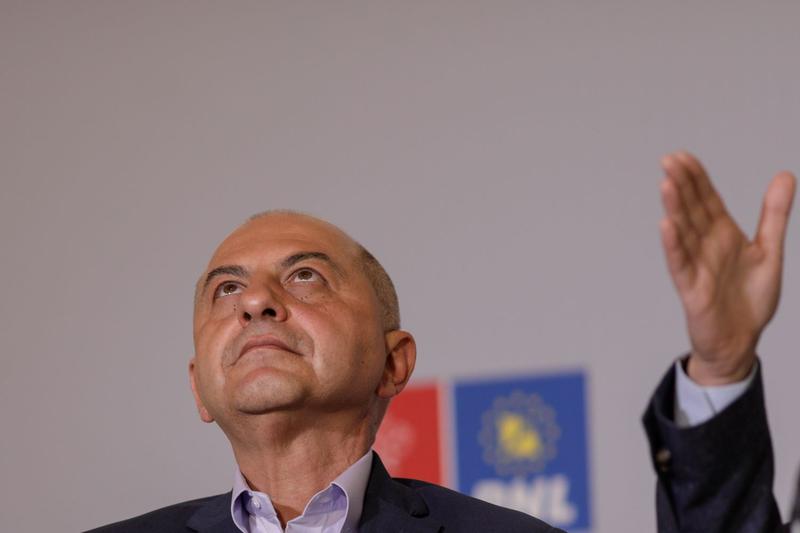There will be a cabinet reshuffle after Emil Boc, the current Romanian PM, will take responsibility for the anti-crisis measures negotiated with the IMF and "President Traian Basescu will continue to be the chief communicator and broker of the anti-crisis programme", a Marker Global study claims. Marker Global is a London-based think-thank, specialised in emerging countries risk analysis. According to the authors, the main economic risk is the government's incapacity to enforce the IMF measures, despite the lack of alternatives.
Political risks:
- "The sharp political divisions surrounding the implementation of the unpopular austerity measures risk to further delay the introduction of the economic reform package. However, there is little risk that the coalition of Liberal Democrats (PDL) and the Hungarian Democratic Union (UDMR) will disintegrate.
- We expect a new prime minister and a cabinet reshuffle once the IMF "Letter of Intent" was adopted on May 26. President Traian Basescu will continue to be the chief communicator and broker of the anti-crisis programme. This stance weakens the government's negotiation power with the unions as Romania is facing a summer of discontent.
- The opposition parties - the Social Democrats (PSD) and the Liberal Party (PNL)"
Economic risks
- "The risk of non-compliance with the International Monetary Fund (IMF) lending conditions remains high as Romanian governments have a track record of back peddling when faced with social opposition to drastic measures. However, we expect the IMF board to release the next instalment of EURO850m scheduled for mid-June.
- We expect unemployment to rise sustainable, especially if the government acts on implementing the public administration reform programme. However, as there is no strategy in place to re-train and re-skill the unemployed, there is an increased risk of protests and social unrest, further destabilising the government's agenda to cut the budget deficit.
- The biggest risk remains the delay in acting to reform the public sector. We expect the delays to force the government to raise taxes from September onwards, in addition to the cuts in public sector wages and pensions."
Marker Globalis a London-based think-thank specialised in risk assessment addressing emerging countries.


